3 Tips for Budgeting for a Home Addition
Adding on to your home can be an exciting yet daunting prospect, especially when considering the financial commitment involved. The key to a successful home addition project lies in meticulous budgeting and planning. It's important to not only consider the upfront costs but also manage unexpected expenses effectively. To help you plan and execute this significant investment, we've compiled three essential budgeting tips that will make your home addition process smoother and more efficient.
1. Define Your Goals and Priorities
Before you start budgeting, it's crucial to clearly define the purpose of the home addition and what you hope to achieve. Whether it’s adding an extra bedroom, a dedicated office space, or an expanded kitchen, your priorities will guide your budget allocation. Understanding the primary objectives of your project helps prevent overspending on features that don’t align with your ultimate goals. This focused approach will ensure that you don’t go overboard on unnecessary upgrades and stick to what’s truly important to you and your family.
2. Research and Set a Realistic Budget
According to USA Today, homeowners spent $463 billion on home renovations in the first quarter of 2024. This staggering figure underscores the importance of setting a realistic budget upfront. Research the costs of materials, labor, permits, and any other expenses relevant to your area. Consulting with professionals or using online tools can provide you with a clearer picture of what the financial scope of your home addition will be. Setting a well-informed budget reduces the risk of unforeseen expenditures and ensures financial preparedness, giving you a solid foundation to build upon.
3. Consider Financing Options and Contingencies
Securing appropriate financing is crucial, especially for extensive projects that require significant investment. Evaluate different financing options, such as home equity loans or lines of credit, to find what best suits your financial situation. Additionally, setting aside a contingency fund is wise as it prepares you for unexpected costs that might arise during construction.
Embarking on a home addition project is a substantial commitment that requires careful financial planning. By defining your goals, setting a realistic budget, and exploring financing options, you can manage the costs effectively and enjoy the outcome without financial strain. With these tips in mind, you can navigate the process confidently and turn your home addition dreams into reality. If you're ready to get started, contact REF Construction to make your vision come to life.
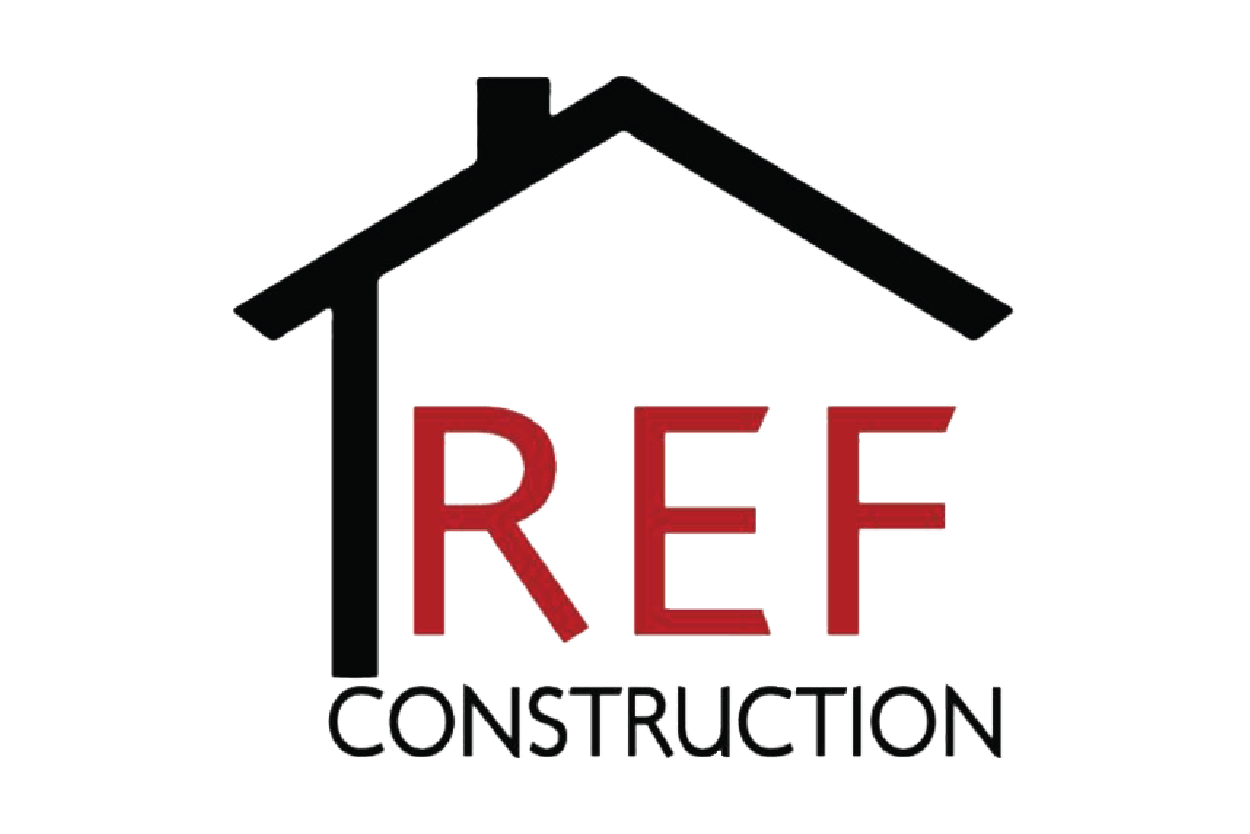
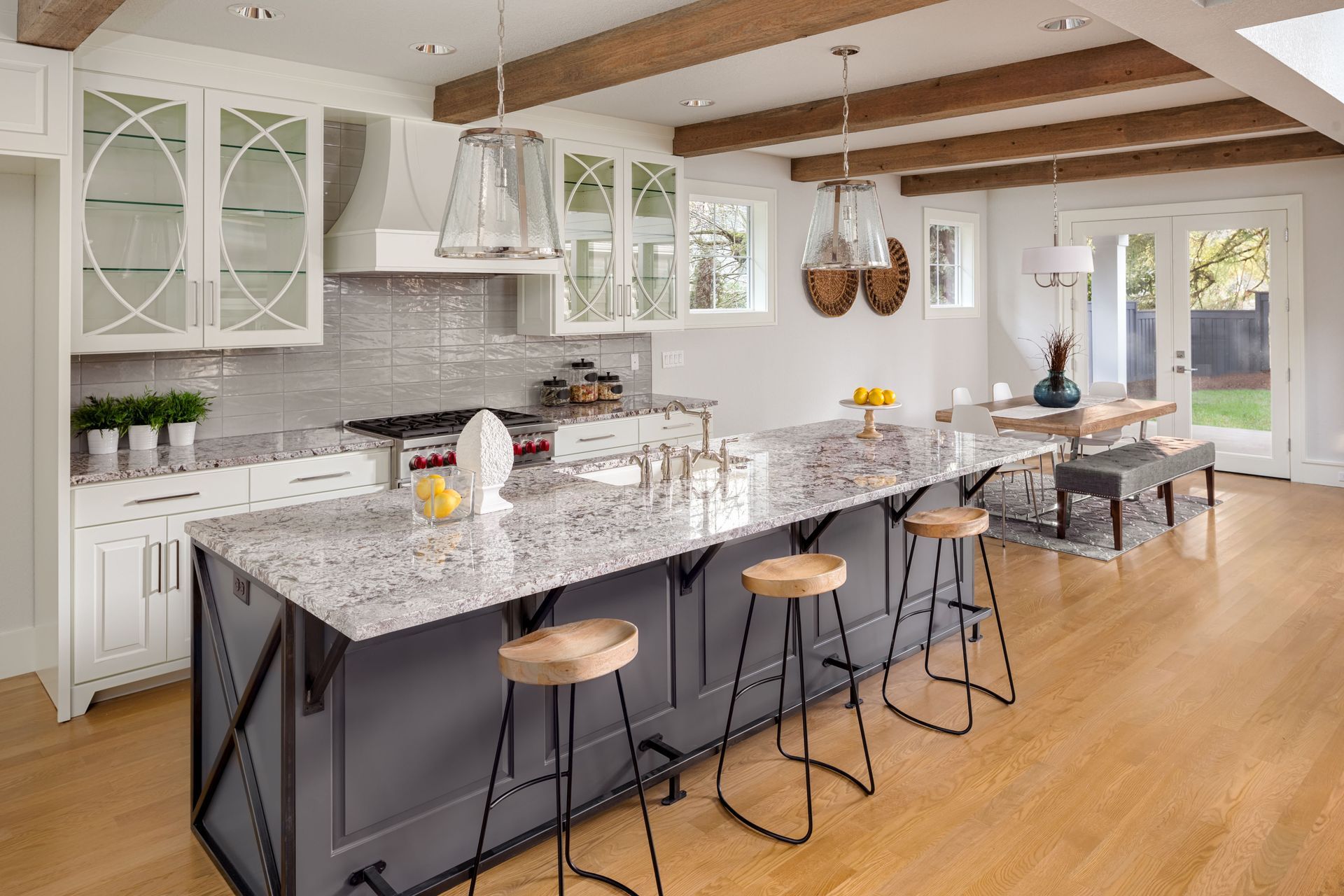
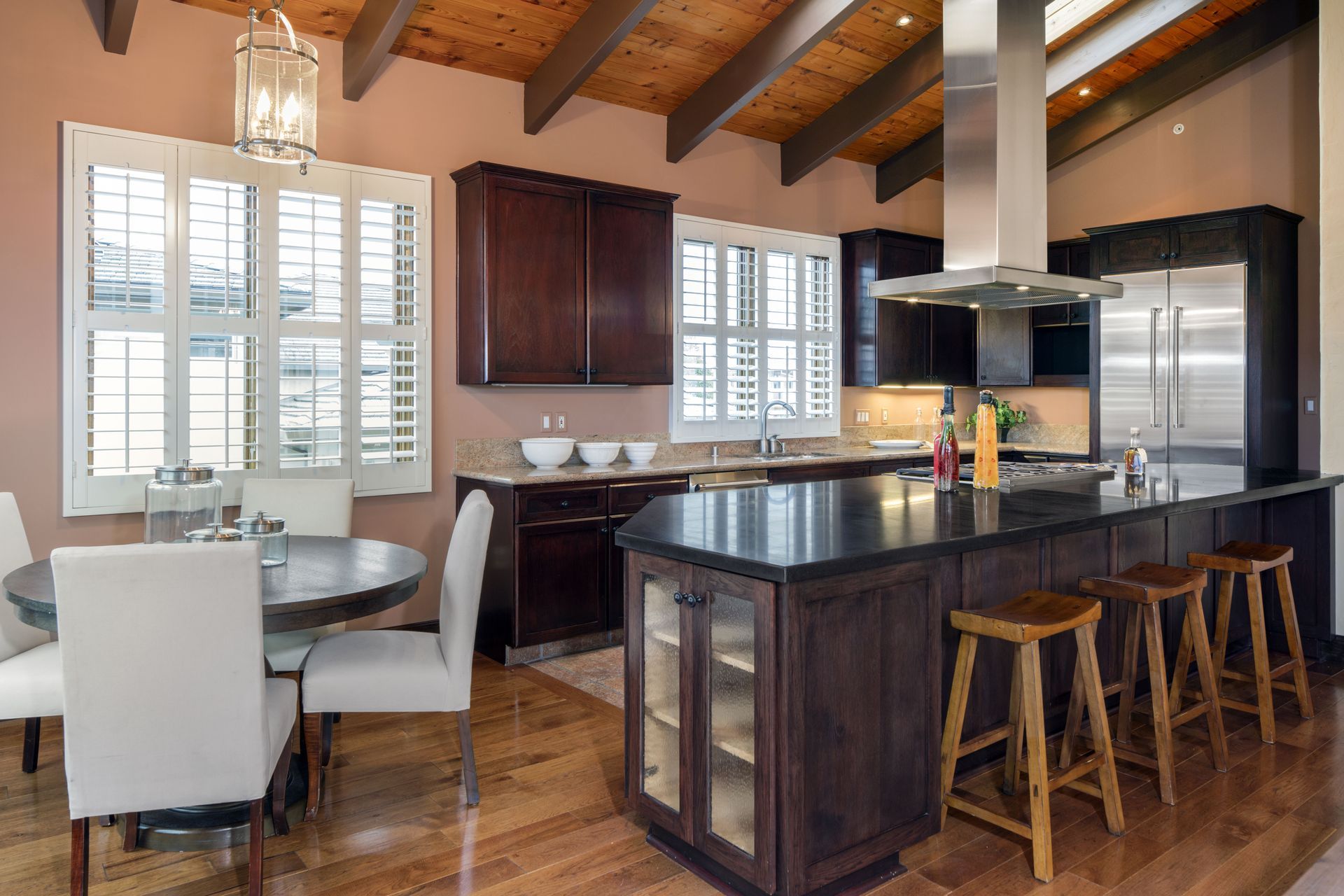
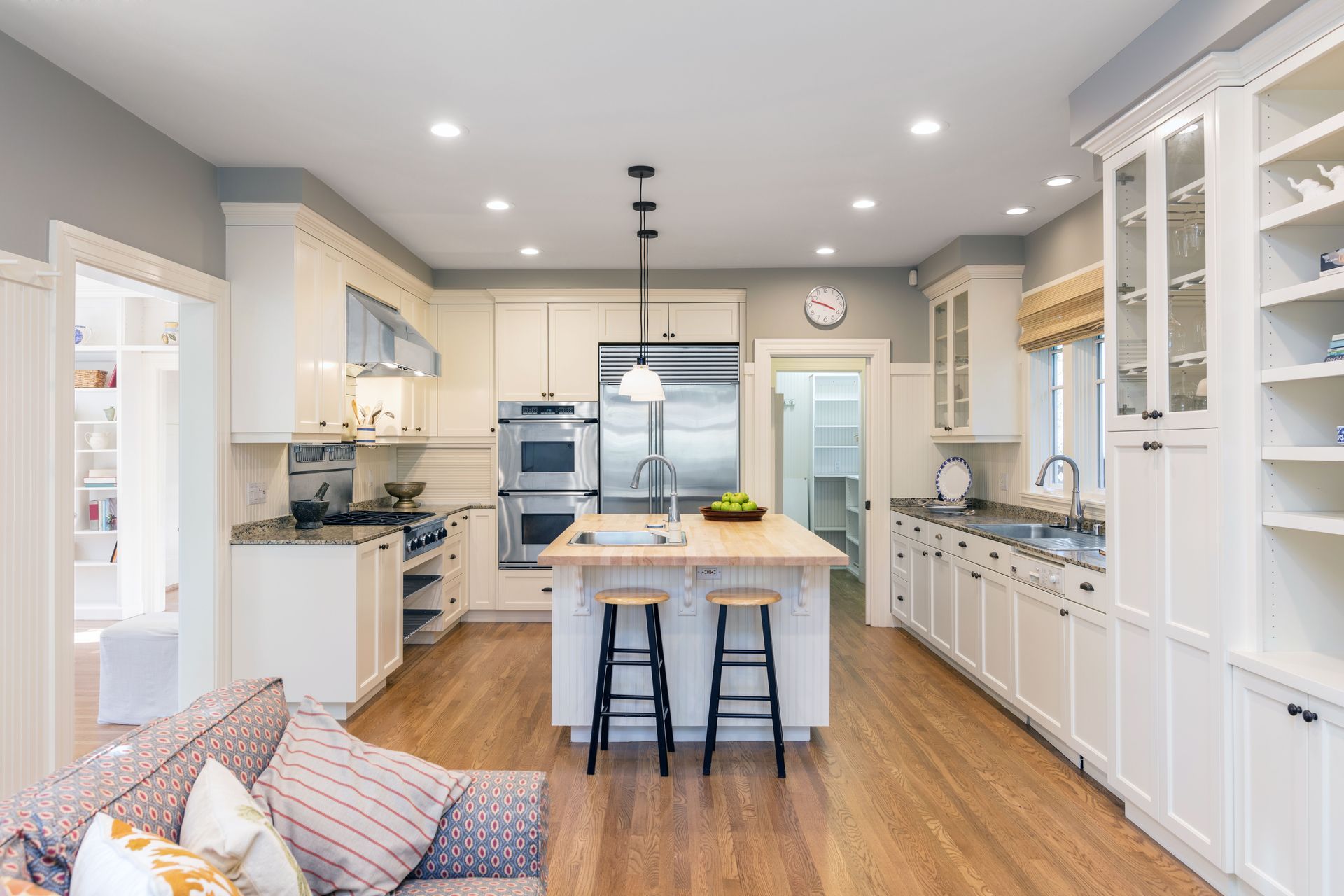
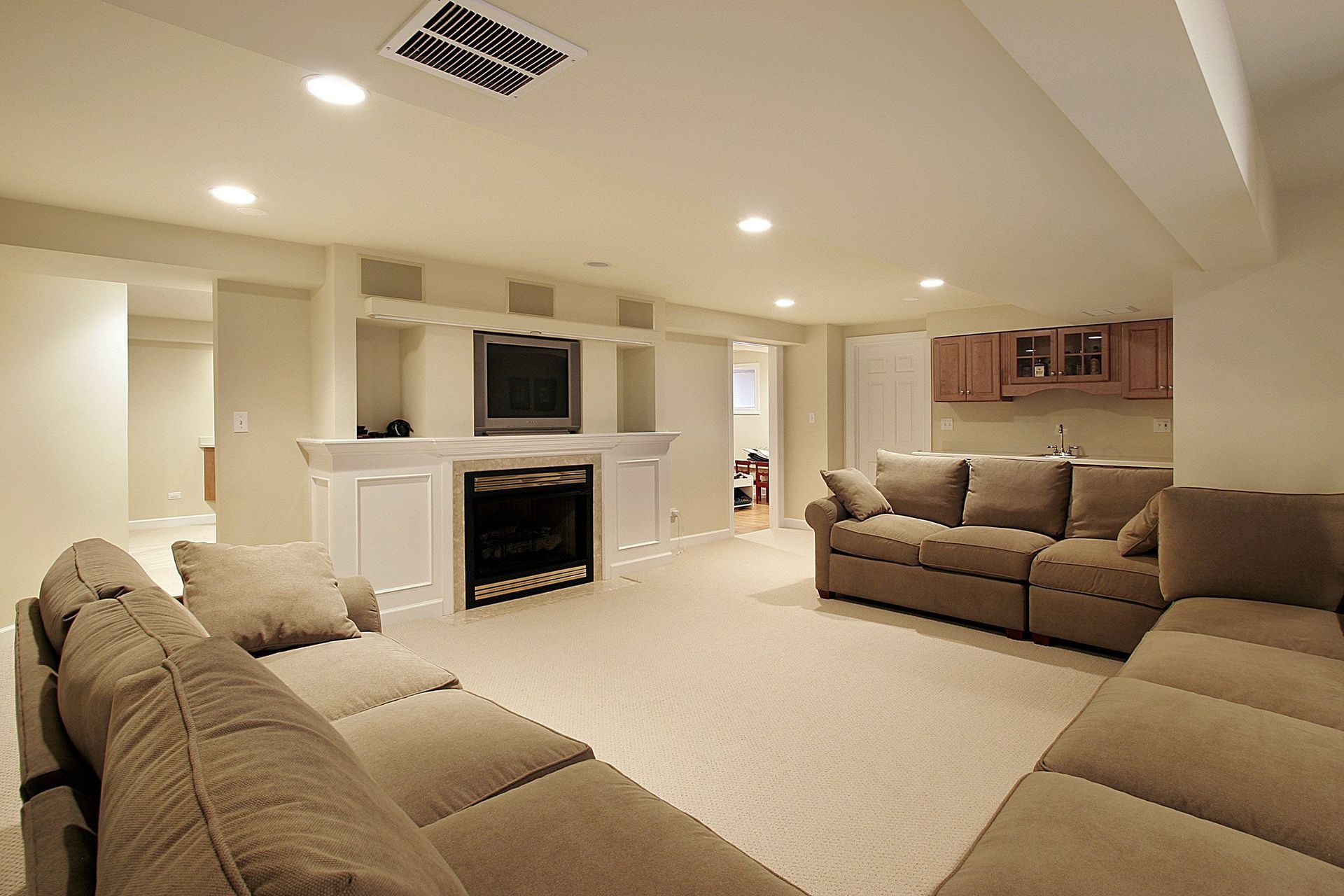
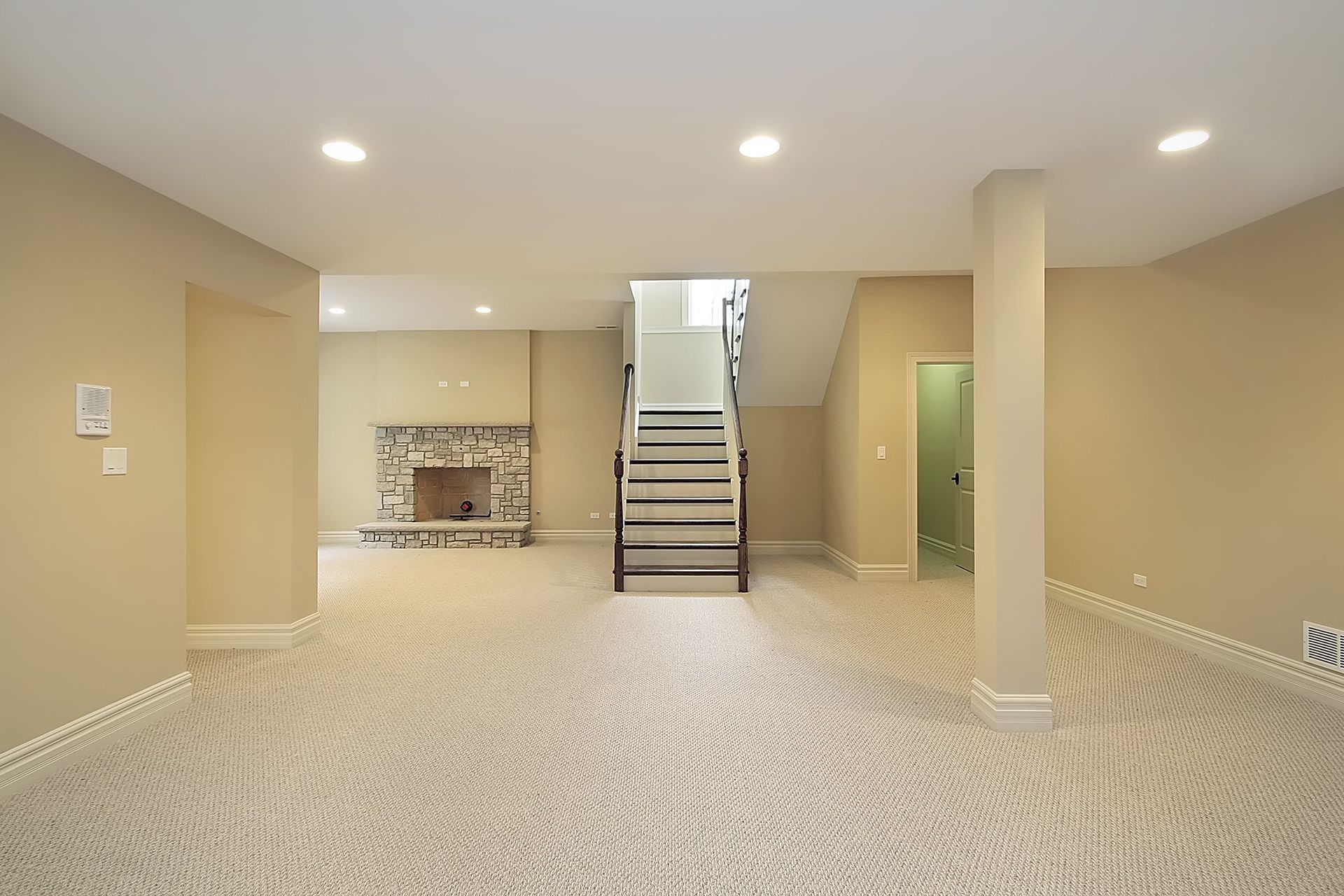

Share On: